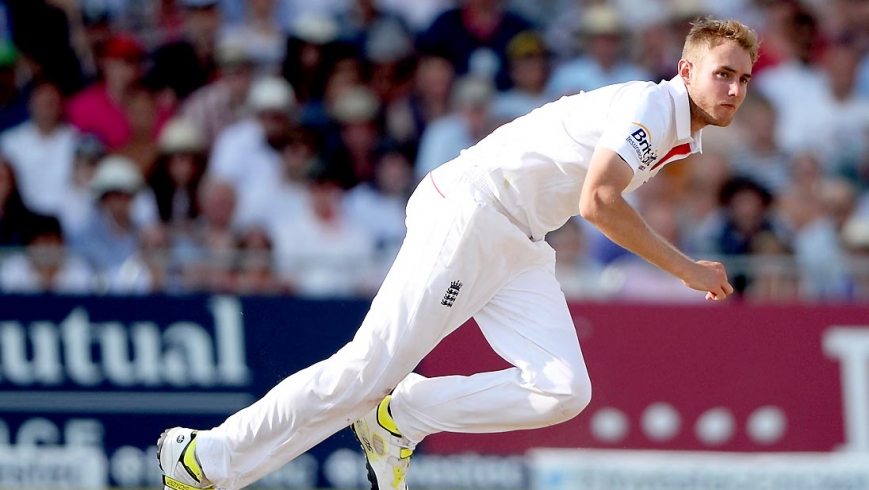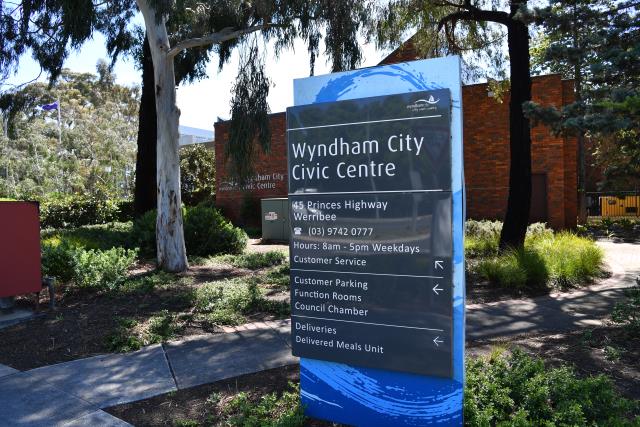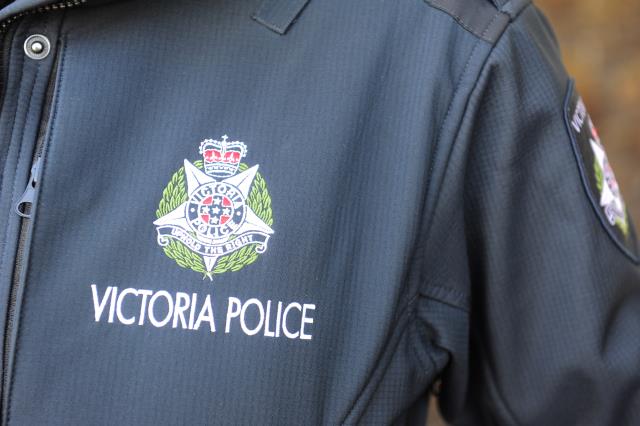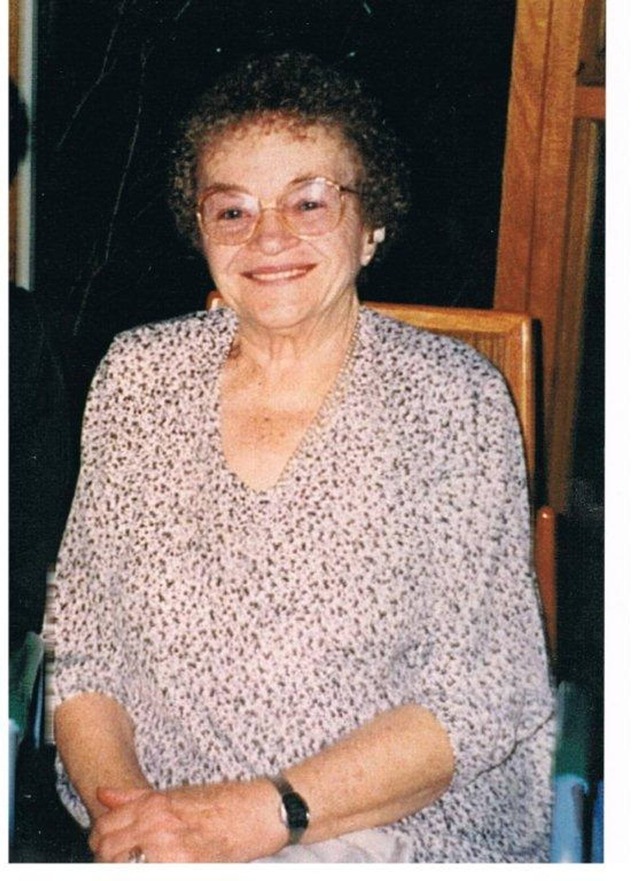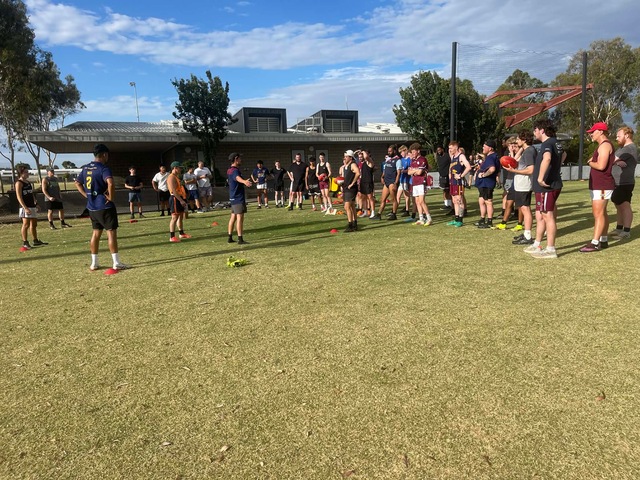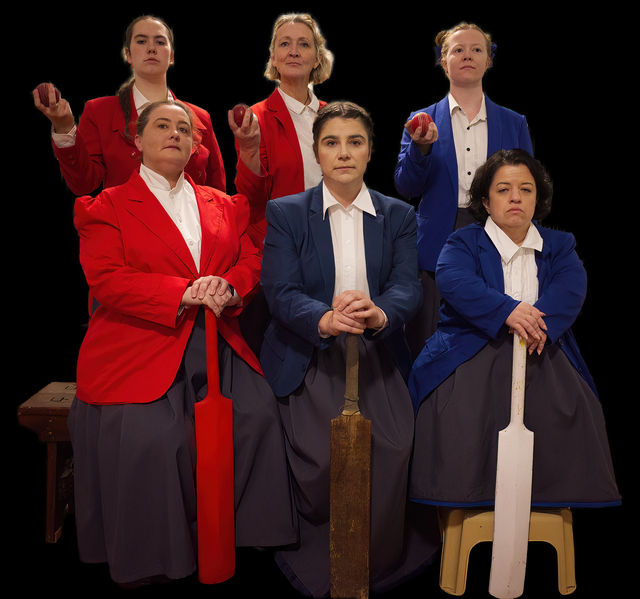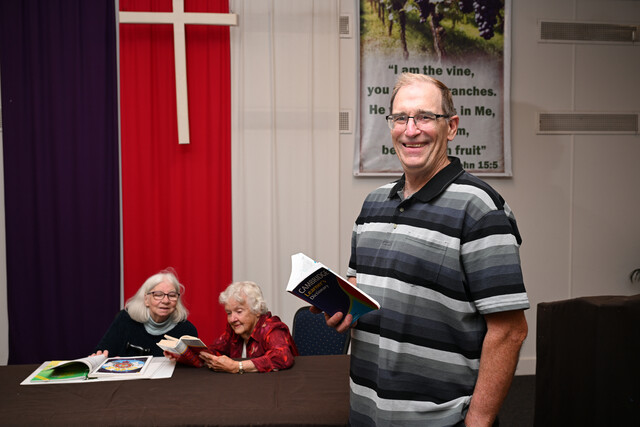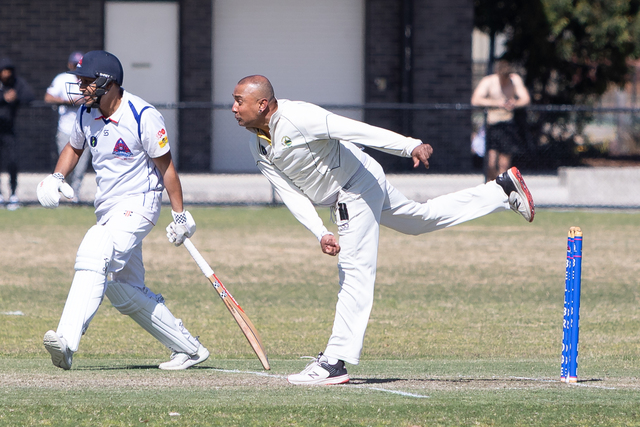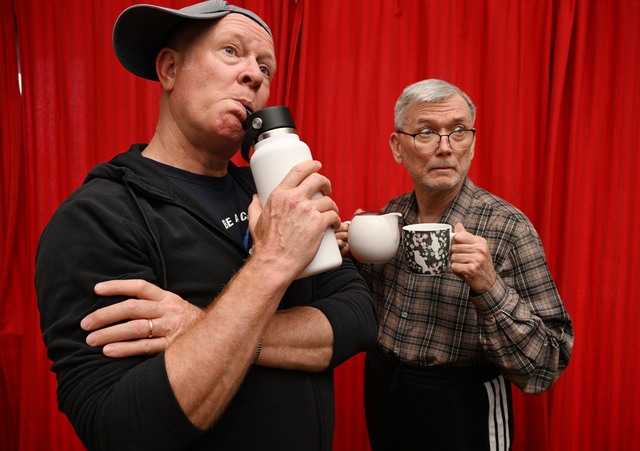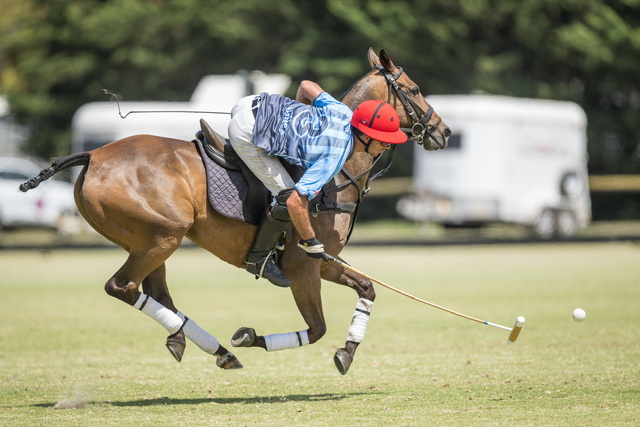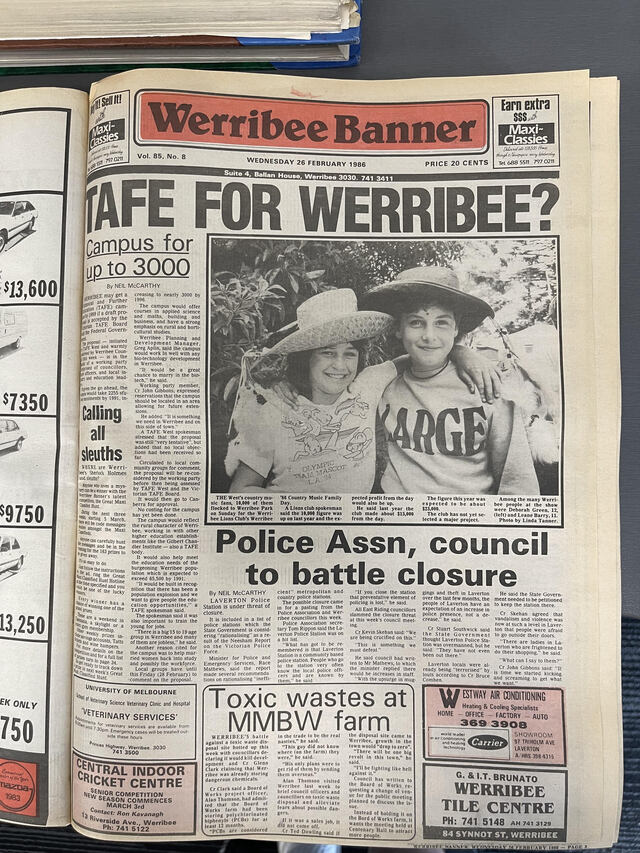HE may be public enemy number one among Australian cricket fans, but England’s stubborn all-rounder Stuart Broad still has a few friends in the dressing sheds at the Hoppers Crossing Cricket Club.
He’d come to the club as a very nice 18-year-old, who had come out of private school…Our guys soon sorted him out.
And according to the Englishman himself, it was playing for the small Victorian cricket club as an 18-year-old that first sparked his aggressive style of play.
Broad divided commentators and sparked outrage among the sport-watching public (in the Antipodes, at least) when he refused to walk after clearly nicking a ball to first slip and, during the next day of play, triumphantly waved his bat around the ground when he finally walked off, dismissed for a match-saving 65.
DID YOU PLAY with or against Stuart Broad? Post a comment below.
The all-rounder further irritated Australian fans on the last day of play by employing stalling tactics to give the English team a crucial 40-minute rest at lunch.
Hoppers Crossing Cricket Club President Steve McNamara said the club – which retains close ties with the cricketer – had “probably taught Stuart a bit about the rougher side of playing”.
“Stuart was never put upon by members of our club, but it didn’t take long for the opposition clubs to work out who he was, especially whose son he was.”
Broad’s instantly controversial decision not to walk has familial echoes stretching back two-and-a-half decades.
Stuart’s father is former English Test cricketer Chris Broad, who famously refused to walk when given out in Pakistan.
Broad senior is now an ICC match referee and spoke at a function in England on the eve of the first Test, attributing his son’s confrontational on-field persona as shaped by his experiences playing for Hoppers Crossing.
“The experience changed him,” Broad senior said.
“In the hostile atmosphere of Australian league matches the boy became a man and the man discovered he liked something even more than cricket: he liked cricket with needle.”
Mr McNamara said Hoppers Crossing Cricket Club proudly claimed a slice of the English cricketer’s on-field education.
“He’d come to the club as a very nice 18-year-old, who had come out of private school, hadn’t been used to a bit of chat on the field.
“Our guys soon sorted him out.”
Mr McNamara said he didn’t necessarily believe Broad should have walked – as cricket etiquette demands – rather, he blamed umpires for the debacle.
“I certainly don’t have any ill-feelings about his decision,” he said.
“In this game you can so easily get a decision go against you when it shouldn’t, and if you can get one back occasionally, well that’s all right with me.
“The real issue here is the poor standard of umpires.
“He certainly niggled the ball, and that the umpire couldn’t see it, and that it wasn’t referred, is a much bigger problem.”
During a recent pre-Ashes interview, Broad told British media his time in Australia had unleashed the mongrel in his cricket.
“I went over as a young kid, public school cricket, all nicey-nicey, flat wickets, knock it around … and then I stepped out there, and it was like being in a fight,” he said.
“They were coming at you all the time. They let me know all about what they thought of my old man and his three centuries.
“That taught me a toughness – ‘I’m not getting out to him’ – and that was good for me because it hardened me up.
“When I came back to Leicestershire pre-season, I was a different bowler. I was taller, I was quicker, I was hitting the bat harder, because I’d got so many overs into the legs. I had a steeliness, an aggression that I think you need as a bowler.”
During his six months in Australia, Broad billeted with the family of the Hoppers Crossing groundskeeper Graeme Said.
Mr Said told Fairfax Media Broad had been a “quiet, polite kid who rarely went out, stuck around the house and when he was out, he was training”.
That was more than a decade ago, and Broad freely admits it was a situation that quickly changed.
He described to the Daily Mail an encounter during a match while playing for Hoppers Crossing which he says changed his cricketing style for good:
“This particular bowler, he must have been 10 years older, and he probably thought I was a kid and he could bully me,” he said.
“He went at me all day, all the usual, that I was only there because of my dad, calling me a few ordinary names, as the Australians say, and I ended up following him back down the pitch to his mark.
“The club told me to calm down after that but I wanted to show he wasn’t the boss. I thought, ‘I’m not just going to let him come at me, I’m going to stand up to him’.
“We needed to block for the draw. I made 70-odd in 60 overs and we held on because as soon as he started having words my attitude was, ‘Right, you’re not getting me out’. I was determined. That was the moment when I stopped being a polite, schoolboy cricketer who liked to hit nice cover drives for fun, and decided this was going to be my life and that I loved the edgy, competitive element even more.”
Broad’s cricketing heroes are somewhat of a surprise – and to a man, Australian.
“It actually hurts me a bit to admit it, but my cricketing heroes growing up were Australian,” he told the BBC this year.
“In the back garden I’d be Glenn McGrath or ‘Warnie’ [Shane Warne]. I’d try to whack it like Matthew Hayden. They were so successful – they were winners.”

